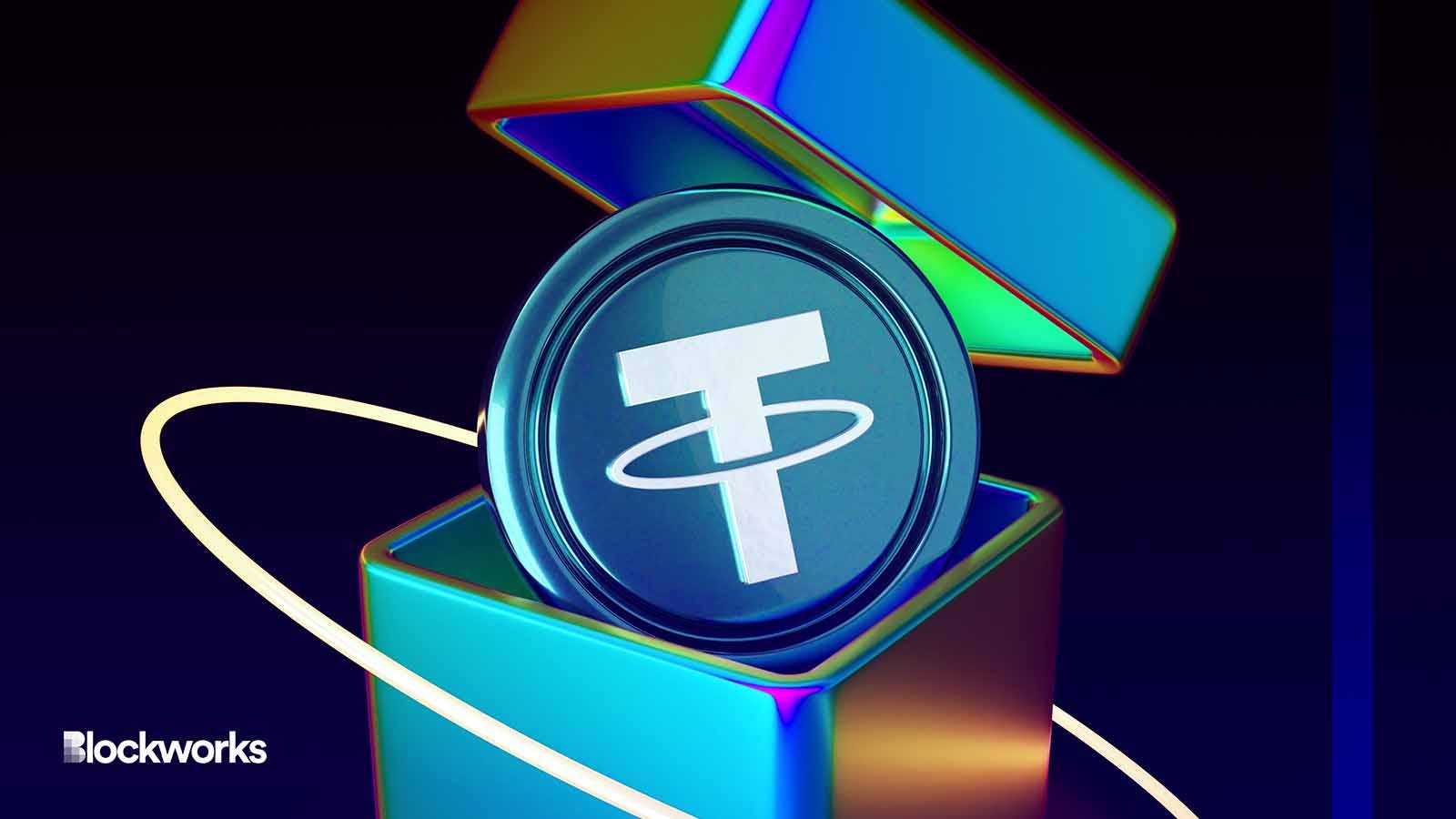Tether logs $1.6B in bitcoin in Q2 attestation
Tether has nearly $73 billion in exposure to US Treasury bills

Nimoii/Shutterstock modified by Blockworks
Tether released its second-quarter attestation report on Monday.
The report breaks down the stablecoin operator’s reserves. Tether reported that it has excess reserves of $3.3 billion as of June 30, with a $850 million quarterly increase.
Tether holds around 85% of investments in cash or cash equivalents. The company also reported that its operational profits are over $1 billion from April 2023 to June 2023, showing a 30% increase quarter over quarter.
Read more: Stablecoins are big business: Tether profits $700M in 3 months
Blockworks asked about the increase and what led to it but did not receive a response by the time of publication.
According to the audit report, Tether has nearly $73 billion in exposure to US Treasury bills. In a tweet, Chief Technology Officer Paolo Ardoino said the sum “includes direct ownership, overnight reverse repos and look-through in the money market funds.”
He also clarified that the “average maturity of US T-Bills is less than 90 days.”
Current yields, per Bloomberg, on short-term Treasurys — 3 months and 6 months — stand around 5.40%.
The audit report also revealed around $1.6 billion in bitcoin, a slight increase from the $1.5 billion reported a few months ago. Back in May, Tether said that it was going to allocate 15% of its net realized operating profits towards bitcoin “to enhance transparency and provide a clearer view of the company’s performance and capital allocation strategy.”
While the report is done by an independent auditor — BDO Italy — the report is not a formal audit.
The SEC’s chief accountant warned that independent auditors should pay close attention to the crypto industry as they perform these audits, because “non-audit arrangements are neither as rigorous nor as comprehensive as a financial statement audit, and may not provide any reasonable assurance to investors.”
“As we move forward, we remain dedicated to embracing accountability, enhancing risk management and security, leading by example. With a firm focus on transparency, we aim to shape a future where every participant in the global financial ecosystem can confidently navigate a realm built on trust and innovation,” Ardoino said.
Tether’s previous report was released in May, and Tether reported $53 billion of its reserves invested in US Treasury bills.
Get the news in your inbox. Explore Blockworks newsletters:
- The Breakdown: Decoding crypto and the markets. Daily.
- 0xResearch: Alpha in your inbox. Think like an analyst.






